Vehicles need extra care to stay reliable and run well as they age. Over time, their parts wear out, and using the right oils and greases becomes very important. Lubricants reduce friction, protect against rust, and keep parts moving smoothly. They are essential for engines, transmissions, and other key systems. Choosing the right vehicle lubrication products helps older cars perform better and last longer.
This guide explains why lubrication matters, which products are best, and simple ways to care for your car. By following these tips, you can ensure your vehicle stays in great shape for years.
Vehicle Lubrication Products: Why These Are Crucial?
Lubricants serve several essential purposes, including:
Reducing Friction and Wear: Lubricants create a protective layer between moving parts, reducing direct contact and preventing excessive wear.
Preventing Rust and Corrosion: Older vehicles are more susceptible to rust and corrosion due to prolonged exposure to moisture and oxygen. Lubricants act as a barrier to protect metal components.
Improving Performance: High-quality lubricants maintain the smooth operation of engines, transmissions, and other components.
Extending Lifespan: Proper lubrication minimizes damage and wear, helping your vehicle last longer.
Engine Oils: The Heart of Vehicle Maintenance
1. Choosing the Right Engine Oil for Older Vehicles
Selecting the appropriate engine oil for older vehicles is paramount. Factors to consider include mileage, engine condition, and manufacturer recommendations.
- High-Mileage Engine Oils: These oils are explicitly designed for vehicles that travel thousands of miles. They contain additives that reduce leaks, minimize oil consumption, and restore seal flexibility.
- Full Synthetic Oils: While more expensive, they deliver superior protection with performance-focused engines.
2. Regular Oil Changes
Older engines tend to accumulate sludge and contaminants faster. Sticking the engine clean and efficient, stick to the recommended oil change intervals for high-mileage vehicles.
Vehicle Transmission Oil: Ensuring Smooth Gear Shifts
Transmission systems in aging vehicles can suffer from gear slipping, overheating, and wear if not properly maintained. The correct vehicle transmission oil helps:
- Maintain Smooth Shifting: By reducing friction between components.
- Regulate Temperature: Prevents overheating by dissipating heat effectively.
- Protect Internal Parts: Reduces wear on gears and seals.
Types of Transmission Fluids for Older Vehicles:
- Automatic Transmission Fluid: Check the manufacturer’s specifications to choose the correct ATF grade.
- Manual Transmission Oil: For vehicles with manual transmissions, specialized oils with high-viscosity ratings offer better protection.
Grease and Chassis Lubricants
Older vehicles often have worn-out suspension and steering components, which cause squeaks, stiffness, and reduced handling performance. Grease and chassis lubricants are indispensable for maintaining these systems.
1. Applications of Grease in Aging Vehicles
- Ball Joints and Tie Rods: Regular lubrication prevents wear and enhances steering response.
- U-Joints: Keeps the drivetrain flexible and minimizes vibrations.
- Wheel Bearings: Ensures smooth wheel rotation and reduces heat build-up.
2. Types of Grease
- Lithium-Based Grease: Ideal for general-purpose applications in vehicles.
- Synthetic Grease: Provides exceptional performance in extremely hot or cold temperatures.
- Molybdenum Disulfide Grease: Best for heavy-duty applications like off-road vehicles.
Industrial-Grade Lubricants: A Specialized Approach
Higher-grade vehicle lubrication products are essential for vehicles exposed to severe operating conditions. Industrial lubricants like those offered by Pro-Lube provide enhanced durability and performance. These products include:
- Synthetic Oils: Exceptional thermal stability and protection against sludge formation.
- Heavy-Duty Greases: Designed for extreme pressure and heavy-load applications.
- Gear Oils: Protect drivetrain components under high-stress conditions.
These industrial lubricants are formulated to meet the demands of modern and aging machinery, ensuring reliable performance across various applications.
Specialty Lubricants for Enhanced Protection
Older vehicles often benefit from specialty lubricants designed to address specific issues. Consider these options:
Rust Preventatives: Rust and corrosion can quickly deteriorate metal parts in aging vehicles. Specialty rust-preventative sprays and coatings protect exposed surfaces, especially in humid environments.
Fuel System Lubricants: Fuel system cleaners and additives help remove deposits, restoring fuel efficiency and engine performance.
Seal Conditioners: High-mileage seal conditioners restore hardened or shrunken seals, minimizing leaks.
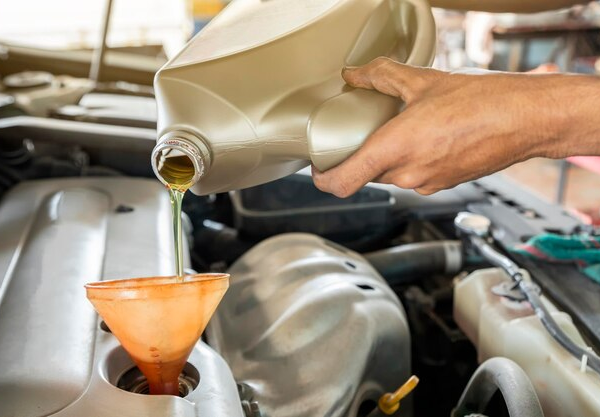
Tips for Maintaining Aging Vehicles with Lubricants
Regular Inspections:
Consistently check fluid levels, grease fittings, and seals for any signs of wear, leaks, or corrosion. Pay particular attention to critical components such as high-performance engine oil levels, as low oil can severely damage aging engines.
Inspect grease points to ensure joints are adequately lubricated and free of contaminants like dirt or water. These quick checks can prevent expensive repairs in the future.
Address Leaks Immediately:
If ignored, even minor leaks can lead to significant issues. Oil or fluid leaks often indicate a seal, which, if left unattended, can escalate and cause component failure.
Use high-mileage seal conditioners to restore flexibility to aging seals, or consult a mechanic to replace worn parts. Quick attention to leaks prevents more significant problems, such as overheating or critical fluid loss.
Store Properly:
Lubricants should be stored in sealed containers in a cool, dry place to maintain their effectiveness and prevent contamination. Extreme heat, cold, or moisture exposure can degrade the product’s ability to protect vehicle components.
Ensure containers are tightly closed after use to prevent dirt or air exposure, which can damage equipment.
Don’t Over-Lubricate:
Excessive grease or oil can damage seals, attract dirt, and create unnecessary build-up on components. This can lead to increased wear and inefficient operation, negating the benefits of lubrication.
Always follow the manufacturer’s guidelines for the correct amount of lubrication required for each part.
Pro-Lube: Your Partner in Vehicle Lubrication Products
Pro-Lube is your trusted partner for finding high-quality lubrication products for aging vehicles. With a wide range of offerings, Pro-Lube provides access to the best solutions for your vehicle’s needs.
Pro-Lube provides products designed for durability and performance, from engine oils to greases. These products help you maintain your vehicle in peak condition, regardless of age.
In-Short
By choosing the right lubrication products and maintaining a regular care routine, you can significantly extend the life of your car and enhance its performance. The right products, from engine oils and greases to specialty additives and rust preventatives, can make all the difference.
Visit Pro-Lube today to keep your aging vehicle running smoothly for years.
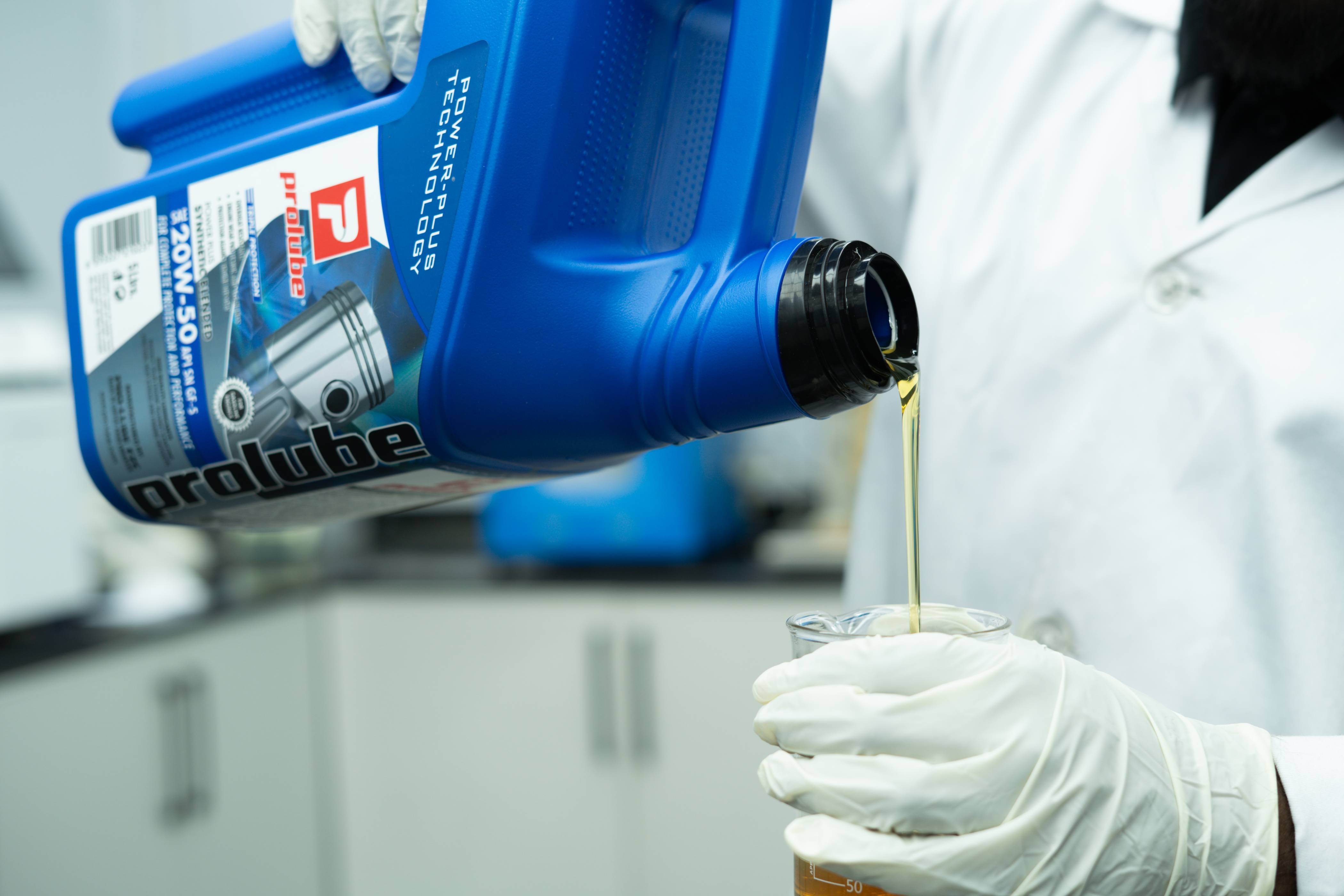


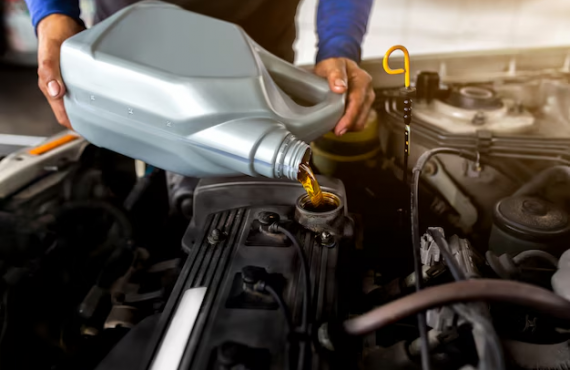
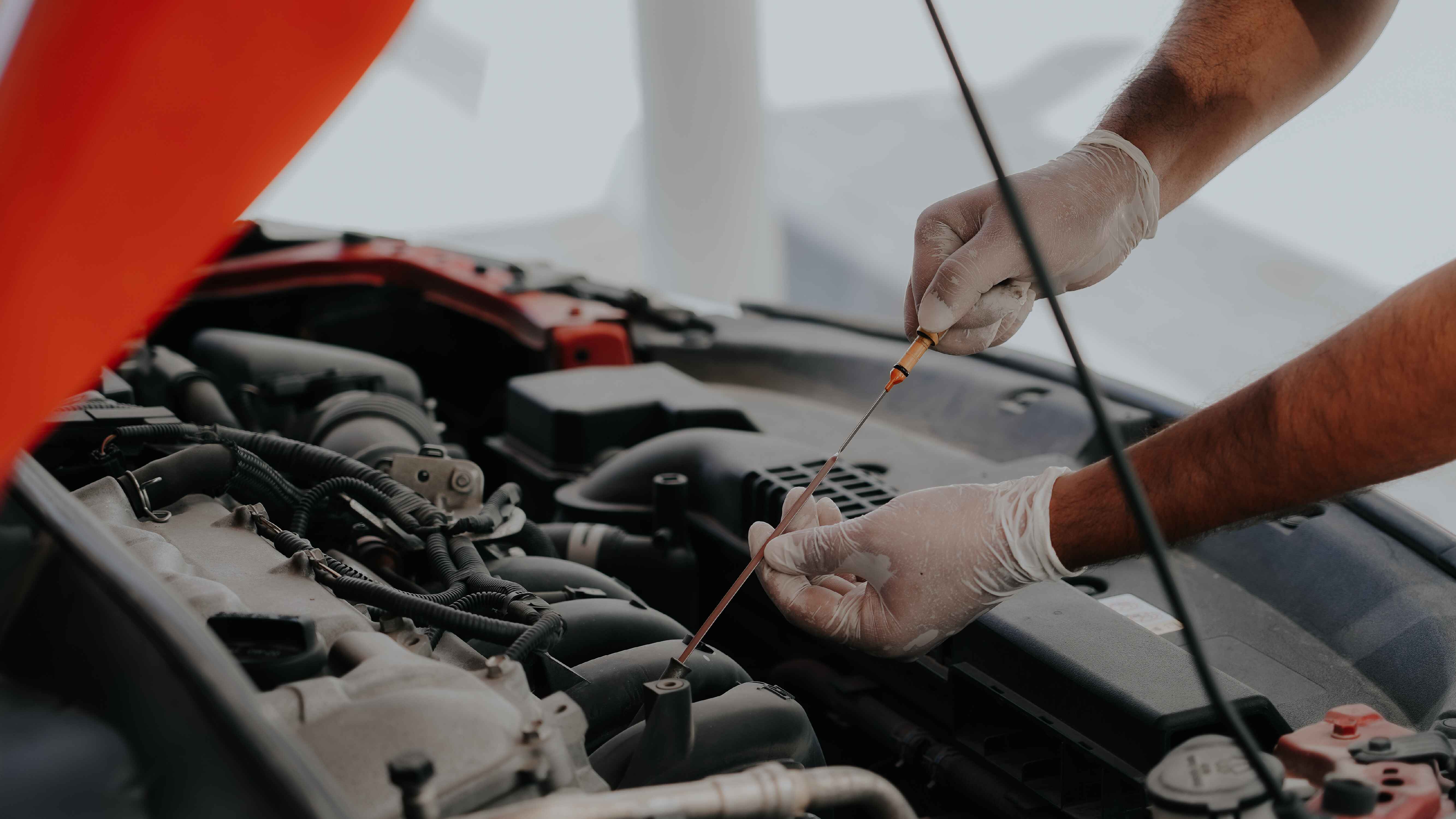
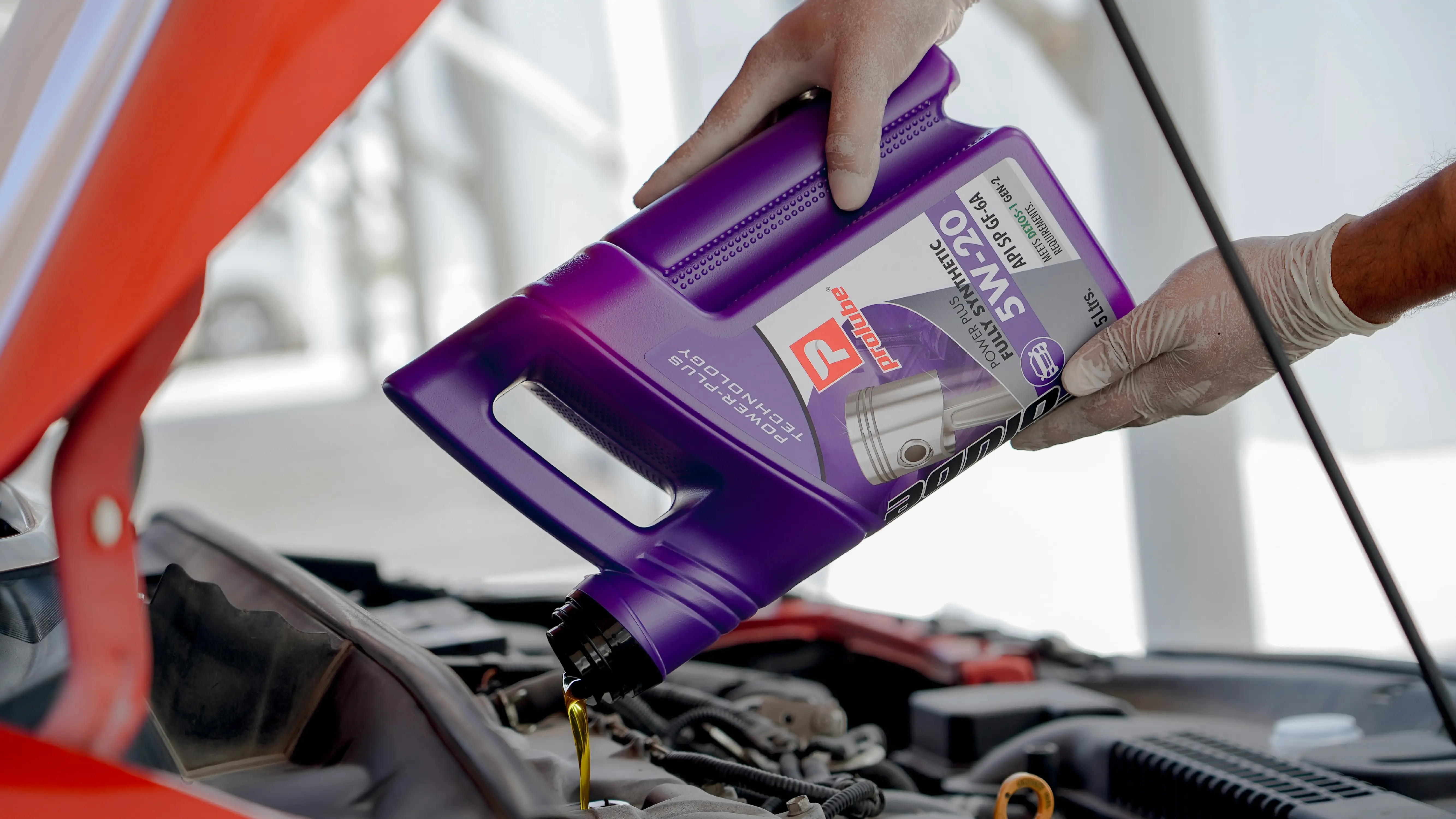
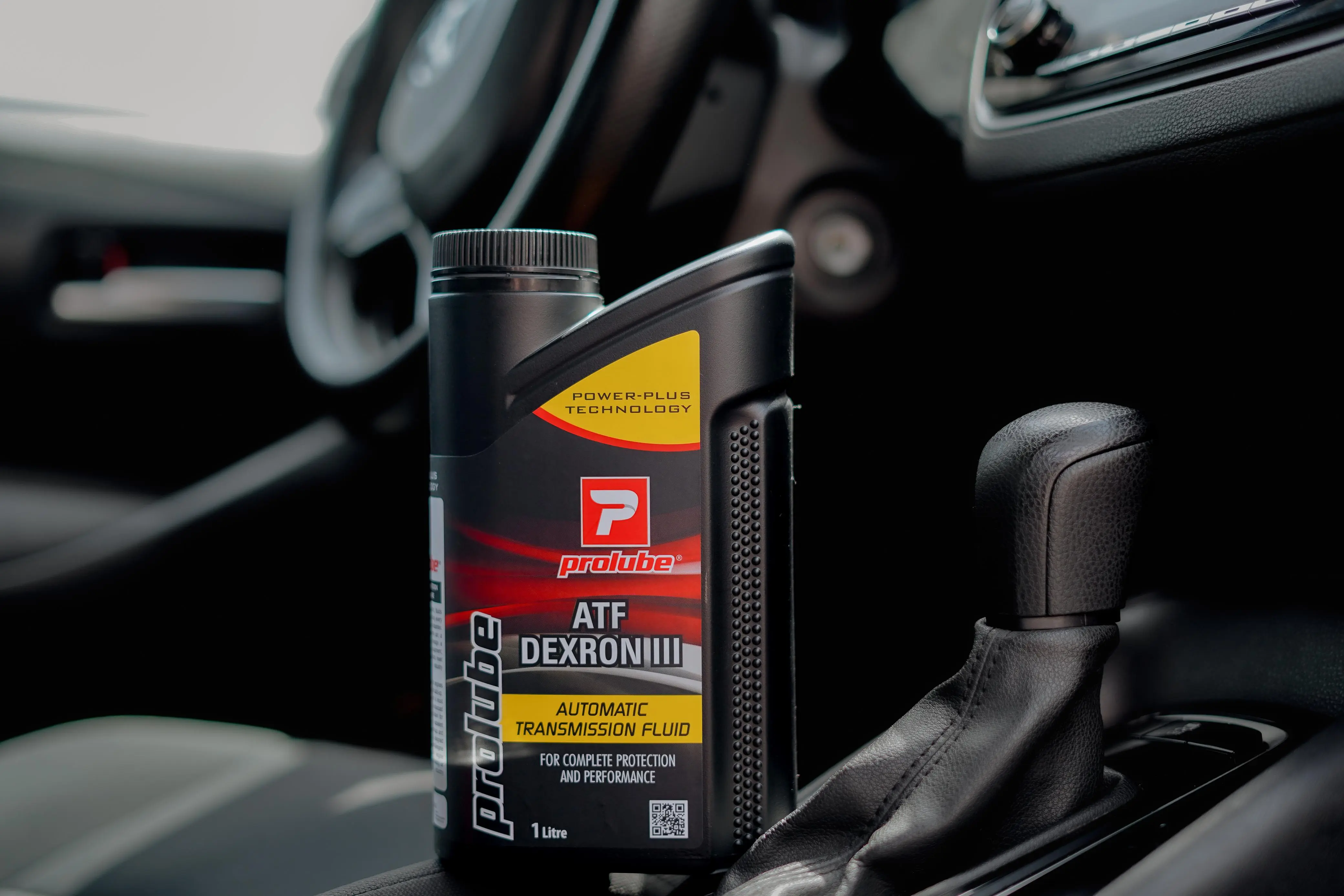
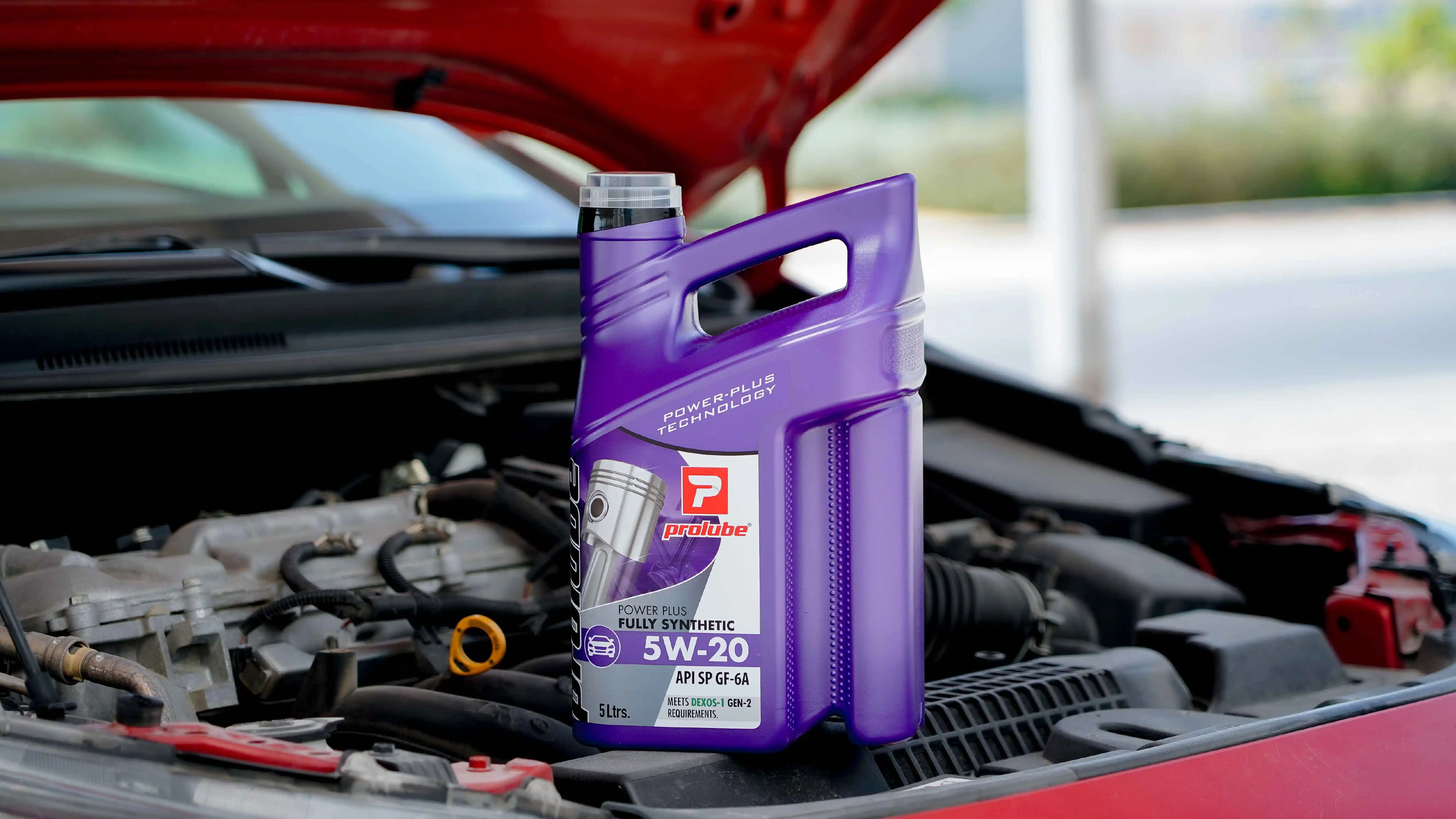
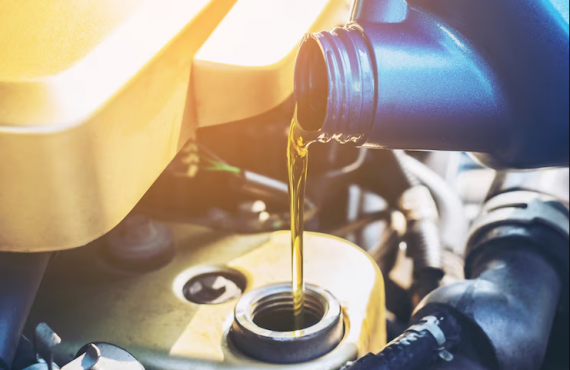
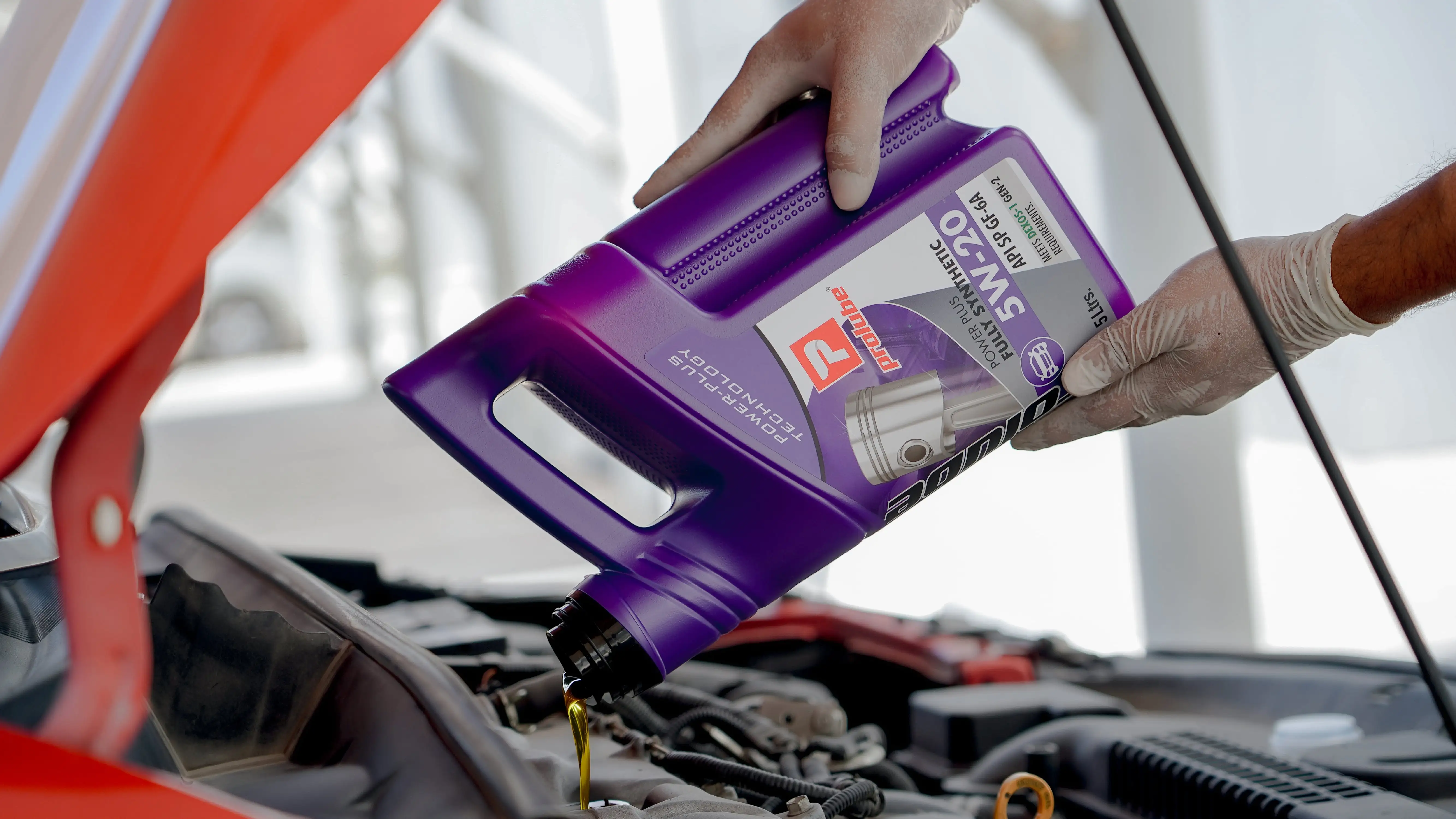

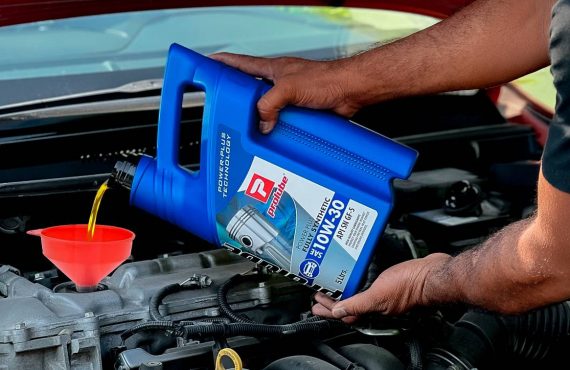
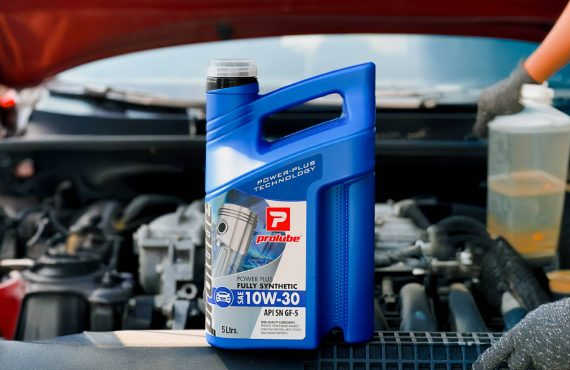
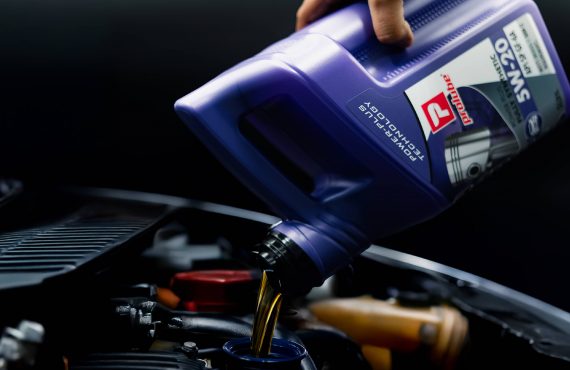
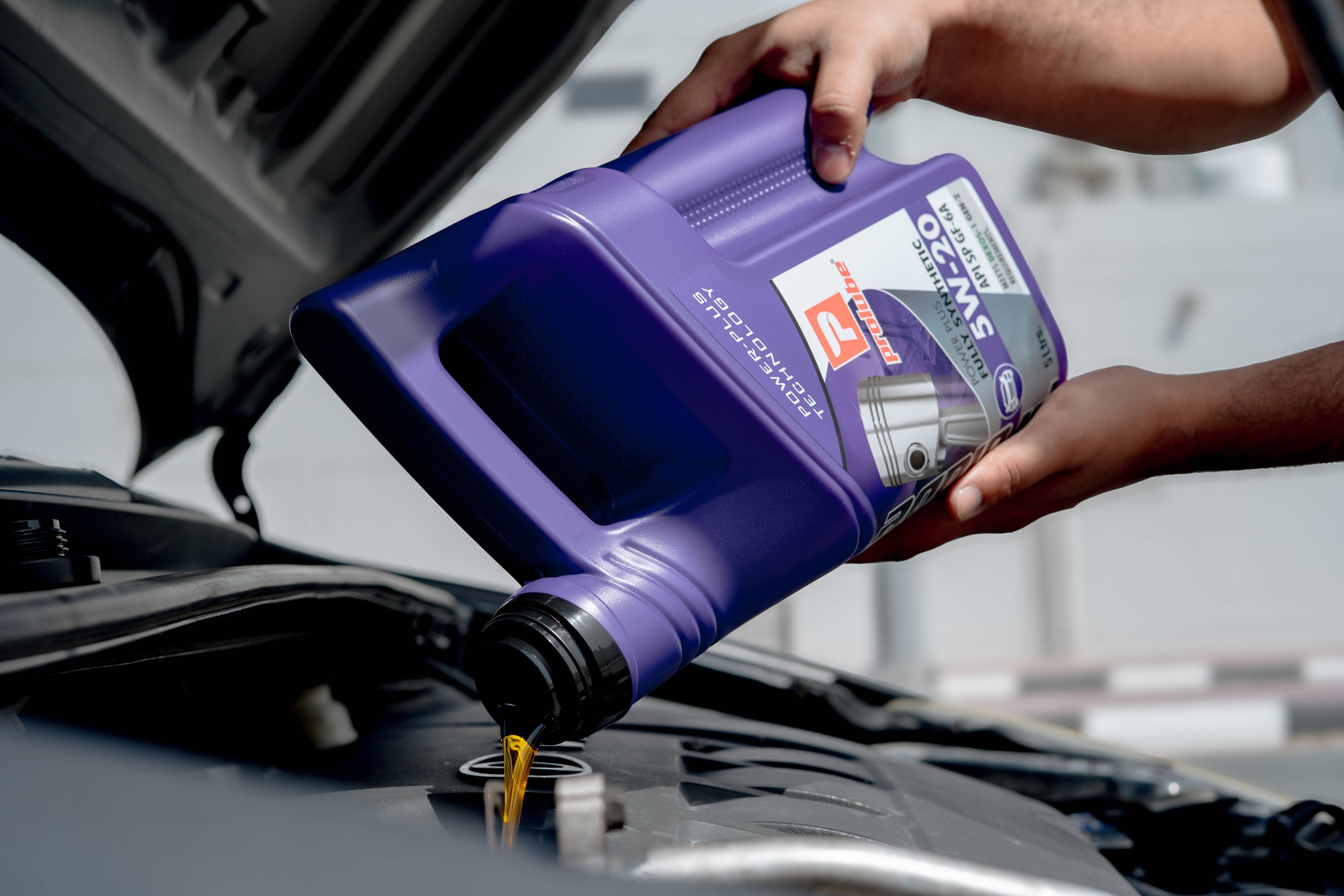
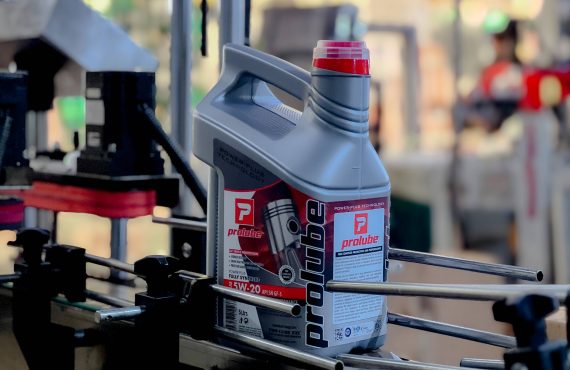

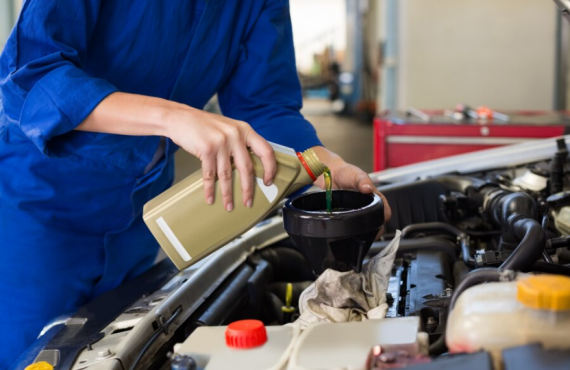
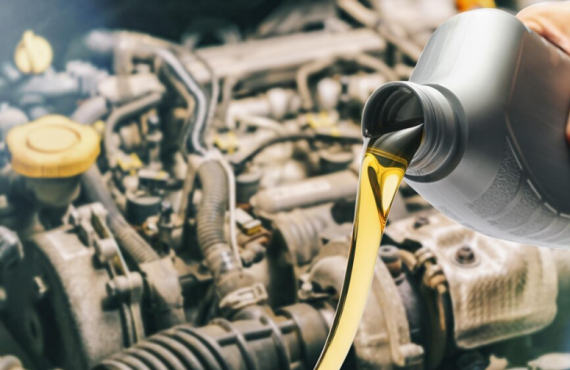
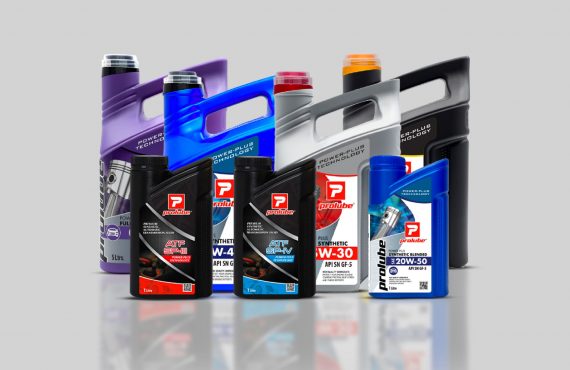

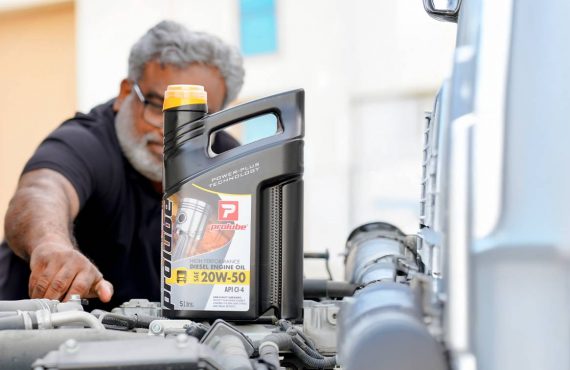
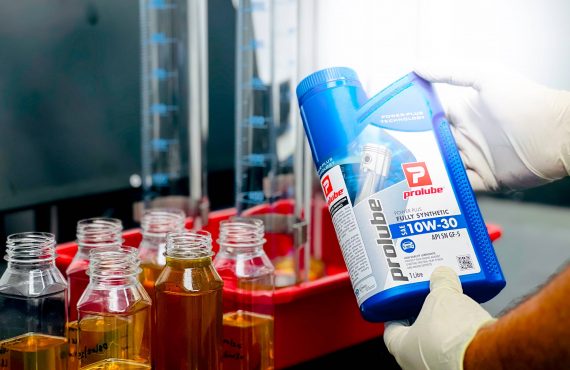

No comments yet.